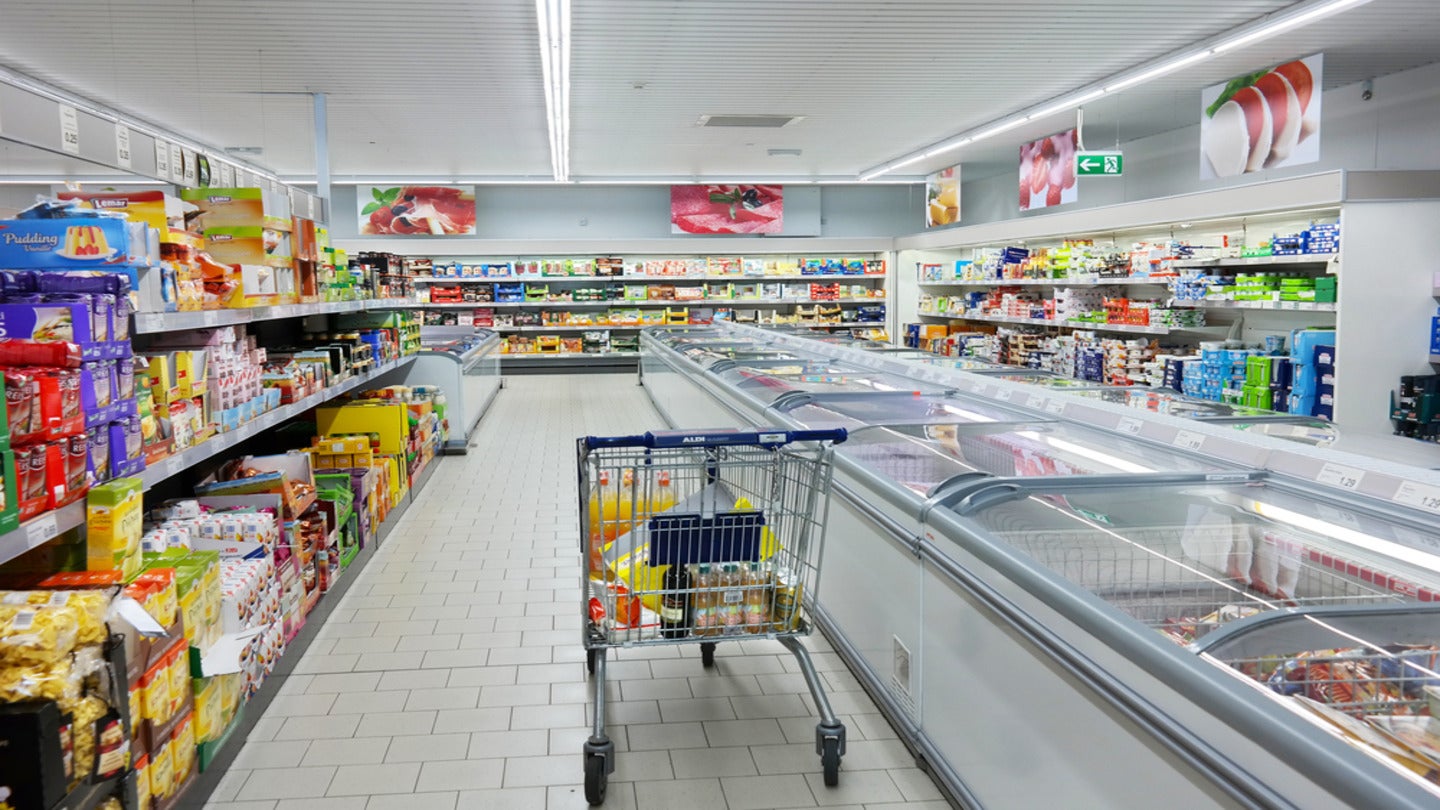
Mentions of “private labels” in food company filings remained high in the first half of 2023, having surged from 615 mentions in 2020 to 1,606 in 2022.
The exponential rise in 2022 corresponds with soaring food price inflation, which, according to the UN, reached a global five-year peak of 16.9% in December last year.
UN figures show that, globally, year-on-year domestic food inflation slowed slightly to an average of 13% in June 2023, as some food commodity prices began to ease.
The UN’s Food and Agriculture Food Price Index averaged 123.9 points in July 2023, 16.6 points below its value in the corresponding month last year and down from the all-time high of 159.7 in March 2022 off the back of the war in Ukraine.
The index, however, was up 1.3% on the previous month in the wake of the end of the Black Sea grain deal and India’s ban on exports of non-basmati rice.
Stubbornly high food prices and depressed consumer confidence have driven interest in private-label sales in a number of markets.
In the UK, traditionally a country where own-label sales are higher compared to other markets in North America and western Europe, private label accounted for 49.4% of FMCG spending in 2022, up 1.6 percentage points, Kantar data shows.
Private-label spending grew fastest in Spain, rising 13% (and gaining 3.4 percentage points of the market).
Last week, when TreeHouse Foods reported its second-quarter results, the US private label manufacturer said the company was “well-positioned”, given “the tailwinds we’re seeing across private-label snacking and beverage.”
In its quarterly report, Tiger Brands, South Africa’s largest food company, complained absolute price points remained a challenge in its grocery segment, where private labels had made inroads.
In Unilever’s H1 earnings call, low growth in the ice cream segment was attributed to reduced consumption in response to squeezed household budgets and share gains of lower-priced competitors and private labels.
The impact of private label does, of course, vary across FMCG categories.
Hershey, however, characterised the impact of private label activity in the confectionery category as “relatively small” and claimed its brands had remained strong.
Mondelez International, in its Q1 earnings call, similarly reported private label only represents “a relatively small challenge” in its (principally snacks) categories due to high brand loyalty.
Our signals coverage is powered by GlobalData’s Thematic Engine, which tags millions of data items across six alternative datasets – patents, jobs, deals, company filings, social media mentions and news – to themes, sectors and companies. These signals enhance our predictive capabilities, helping us to identify the most disruptive threats across each of the sectors we cover and the companies best placed to succeed.
